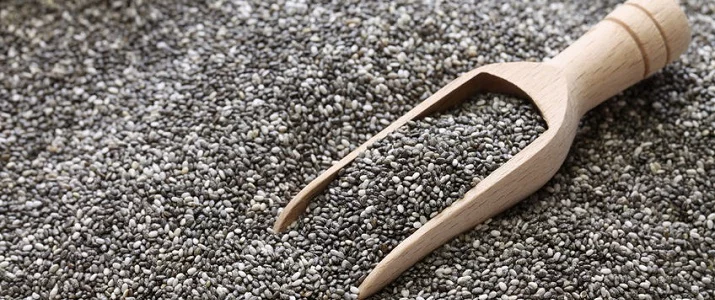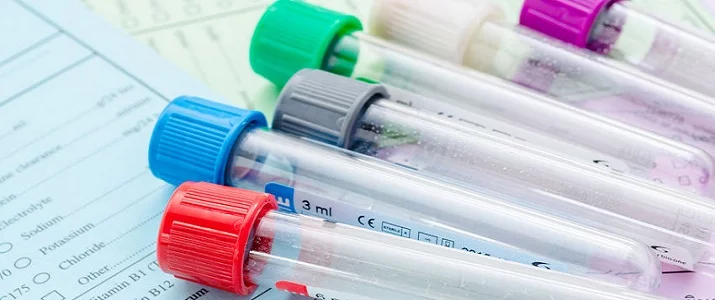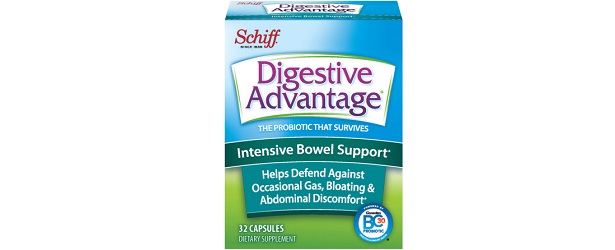
Get Rid Of Constipation: Tips To Help Overcome IBS-C Or CIC
IBS stands for irritable bowel syndrome and is a disorder of your large intestine. Symptoms of IBS include constipation, diarrhea, cramping, abdominal pain, and gas. IBS-C is a type of IBS that includes constipation as the main symptom. It is extremely common; 20% of adults in the U.S. are diagnosed with IBS-C, and most of these adults are women under the age of 45. CIC is an acronym for chronic idiopathic constipation. CIC affects 35 million Americans and has similar symptoms to IBS-C, including gas and constipation.
Unlike someone who occasionally has bowel trouble, both of these disorders must have consistent symptoms for 3 to 6 months. If you are experiencing these unpleasant symptoms, you can go to your doctor and get a few tests to see if you have IBS-C or CIC.
4 Ways To Treat These Symptoms
There are five ways to effectively treat bowel disorders like IBS-C or CIC. However, depending on how severe the symptoms, a small lifestyle change can completely improve your quality of life. To decrease these unpleasant symptoms, you must examine:
- your diet
- your exercise routine
- your supplement intake
- medications.you may need
Nutrition
IBS-C and CIC can worsen depending on what you are eating. If you have a high-fiber diet, it tends to harden your stools and soak up any water you have in your digestive tract. Eating a low-fiber diet can help ease your discomfort. Some foods in this category include lean meats, fish, legumes, berries and whole grains.
You must also remember to stay hydrated. Especially with CIC, your digestive system uses up water quickly and it constantly needs replenishing. Drinking enough water helps normalize your system, decrease the amount of gas in your intestines, and help to pass your stools.
Exercise
Exercise is important for every system in your body, from your neurological functions to your bowel movements. Exercising stimulates your blood flow and activates your digestive system, helping it move faster. Try adding a brisk 20-minute walk to your daily routine and you’ll benefit from these changes almost immediately.
Medications
Sometimes staying hydrated, eating healthy, and regularly exercising just aren’t enough. Ask your doctor if he or she thinks medication will help you regulate your bowel movements.
Supplements
Dietary supplements are very helpful when trying to return your digestive system back to normal. Look for a supplement that works as an anti-inflammatory and also contains soothing ingredients. Look for supplements that contain Psyllium, (fiber) turmeric and ginger root.
TOP 5
IBSTreatments |
|||||
| IBS Clear | BioGanix BioZyme Digestive Enzymes | Nature's Sunshine Food Enzymes | Herbs of Gold IBS Advanced | Kijimea IBS | |
|---|---|---|---|---|---|
| 1 | 2 | 3 | 4 | 5 | |
| Price (1 bottle) Price (6 bottles) best value |
$49.95 $139.70 |
$45.95 $183.80 |
$39.95 $239.70 |
$39.95 $239.70 |
$42.94 $257.64 |
| Overall Rating | 98.7% | 82.00% | 71% | 64% | 61% |
| Effectiveness |





|





|





|





|





|
| Speed of Results | Extremely Fast | Fast | Good | Average | Slow |
| Quality of Ingredients | Premium | Good | Good | Average | Average |
| Customer Satisfaction Evaluation | 99.50% | 81% | 79% | 72% | 68.2% |
| Safety Evaluation | Safe for Use | Safe for Use | Safe for Use | Safe for Use | Safe for Use |
| Customer Service Rating |





|





|





|





|





|
| Reorder Rate | Highest | Good | Average | Good | Average |
| Return Policy | Risk Free | Unused | Risk Free | Unused & Unopened | No |
| Success Rate | 99.60% | 83% | 77% | 71.20% | 69.2% |

 Subscribe Now
Subscribe Now











